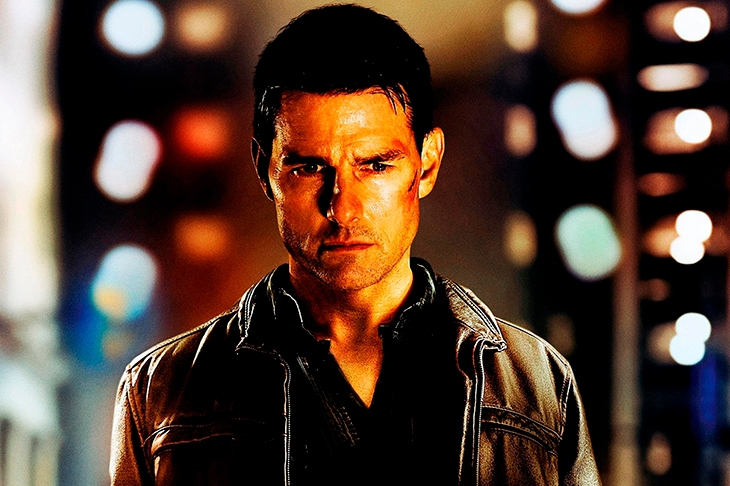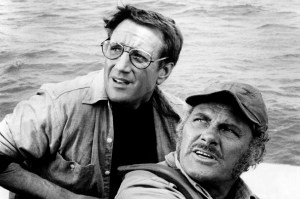So upsetting it would have been, for those of us who rate Lee Child’s Jack Reacher thrillers so highly, if handing them over to another author had made no discernible difference in quality. After all, we value Child as a writer, not as a production line. So here’s the good news: it makes all the difference. The Sentinel, the 25th Jack Reacher novel, is a travesty.
At 65, Child has finally carried out his long-held plan to retire. Andy Martin, his academic disciple, ended a second reverential study of his idol, With Child, by quoting Child saying to him: ‘Somebody else can do it for me… What about you?’, apparently in the hope it might really happen. Instead, Child has handed on the franchise to his younger brother, real name Andrew Grant, a much less successful thriller writer.
It is unclear how much input Lee has had in this supposedly jointly authored work. He loyally maintains: ‘It’s as good as I could have done on my own. Better, in fact, because it has that extra energy.’ ‘Literally we are the same person, just 14 years apart,’ he asserts. Maybe. But not the same writer. Everything about The Sentinel — which sees Reacher battling a ransomware cyber attack in a small town a couple of hours out of Nashville, uncovering a conspiracy that involves both Russians seeking to pervert the elections and American Nazis hoping to recreate the Nuremberg rallies, the sinister mastermind manipulating all this boasting a reversible portrait in his study, Hitler on one side, Stalin on the other — is clumsy.
Andrew Child knows what he should be doing; he just can’t manage it. Reacher’s fabulous taciturnity? The killer phrase ‘Reacher said nothing’ is dutifully reproduced several times, but this Reacher says far too much. He’s a loquacious bore, a pedant, quibbling about words and given to explaining things at great length before he takes action. His mystique is dissolved by too much information all round.
Andrew Child knows his brother’s maxim: ‘You should write the fast stuff slow and the slow stuff fast.’ But the slowed-down action sequences simply don’t work. They have none of the grace of Lee’s own rhythm and syntax. Peculiarly fixated on left hands and right hands, they read like instruction manuals translated from another language:
‘Reacher unfastened Marty’s seatbelt and grabbed the loose section with his left hand, whipping it back and pinning the tongue against the door with his left knee. He stretched around and laid his left palm over Marty’s forehead, clamping his head in place. Then he snaked his right hand around the seat and pressed his fist against Marty’s throat.’
[special_offer]
The Sentinel attempts to emulate Lee Child’s withholding of necessary information (also known as suspense) on the level of plot but it just doesn’t sustain interest or coherently resolve. The attempt to move Reacher into the digital age (he tries a cell phone) is a mistake, simply.
So, let’s accept, Lee Child is a writer who can’t be so easily reproduced. There is much more to his work than the transferable asset of Reacher. He himself has stated: ‘The character does not exist. It’s just a way of mediating the wants of the reader.’ A purist, he insists: ‘There are only two people in this transaction… The writer and the reader.’ That writer has gone.
The Reacher franchise has such momentum, the books will doubtless continue to sell anyway, just as those issued under the names of Robert Ludlum and James Patterson do. We still have those 24 originals, though. Like Wodehouse, they can be read repeatedly.
This article was originally published in The Spectator’s UK magazine. Subscribe to the US edition here.

























